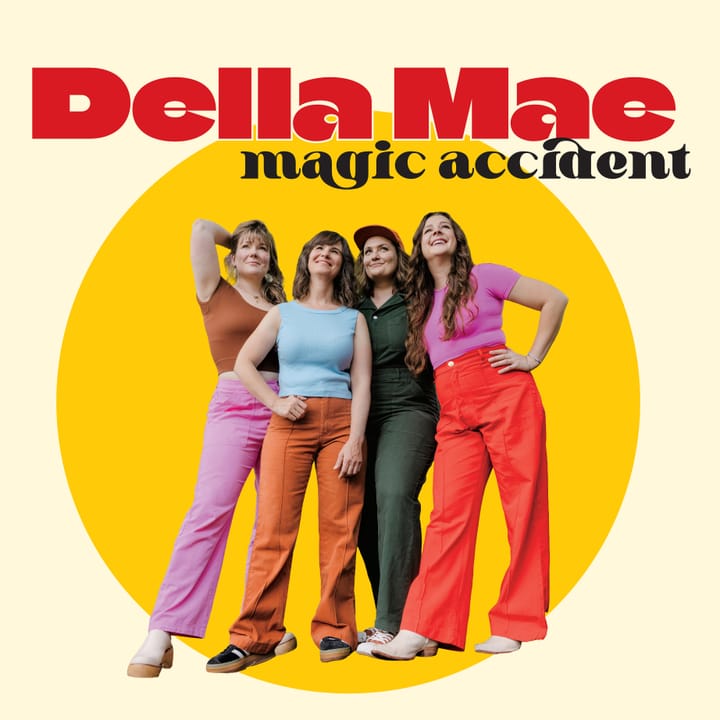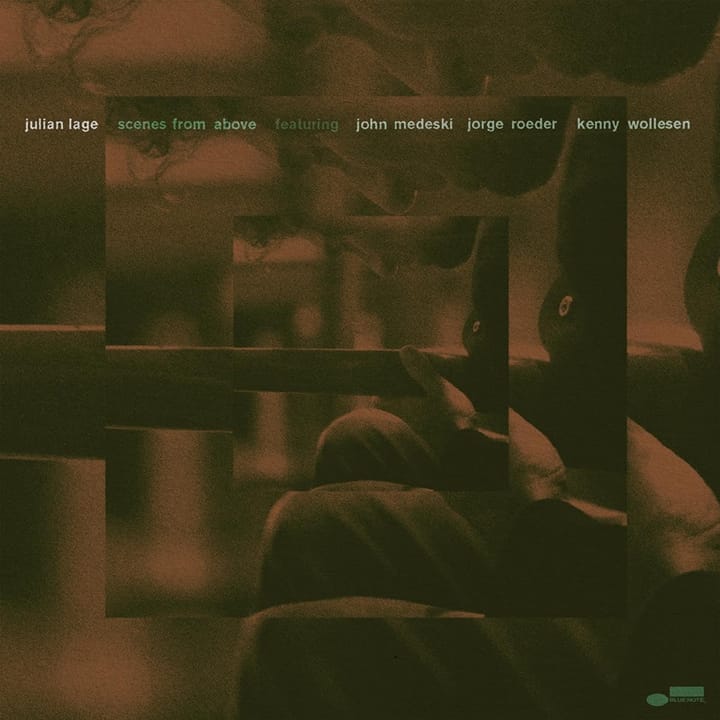Roger McGuinn's pick prints are all over the tableau of pop music. Those 12-string jangles and cosmic hooks were the stuff that ignited the psychedelic folk-rock era. And from acts as diverse as Tom Petty to R.E.M., he also informed much of the rock and pop that followed.
But McGuinn isn't content to be some totem of what was. He continues pushing and seeking and stretching. And in that quest for the next horizon, he's able to reach back to what was without apologizing or posturing.
Live From Mars is really the best of both. Though he teams with the Jayhawks for two studio tracks -- "Fireworks" and a reworking of the traditional Irish blessing "May The Road Rise" -- the 28 songs on this release were captured live over the past two years and define his artistic evolution.
With each song given a specific introduction that offers context and/or glib insight into the moment, McGuinn offers adorned looks at the music that influenced him ("Heartbreak Hotel", "Daddy Roll 'Em", "Bells of Rhymney") and give you a sense of his foundation at Chicago's renowned Old School. That loose appreciation of music and song continues throughout "Chestnut Mare", "Mr. Tambourine Man". "Turn! Turn! Turn!", "Eight Miles High", and the much-covered "So You Want To Be A Rock & Roll Star".
The result is a true legacy that defines McGuinn's significance in the big and personal pictures. He's a jovial presence with a good sense of irony, the ability to make that Rickenbacker chime, and a reverence for the music he has made -- and still makes. In addition to the two new songs he co-wrote with his wife, the set includes a stripped down take on "King of the Hill", co-written with the aforementioned Petty. These three songs show McGuinn's creative fire is still burning .
If there's a down side, it's the sound quality, which is marred by the spottiness that sometimes plagues live records. But in this context, it's only a minor flaw rather than a major one, because McGuinn weaves a small-frame intimacy that transcends the basic aesthetics.
In a world of Byrds boxes and greatest hits, you can probably find all these songs in their "hit" form. But hearing the stories and examining these songs in such a stripped-down setting brings nuances to the career that might otherwise elude the fan -- and in that post-archelogic age, that heightened insight and the warmth McGuinn gives make this a document to savor.




Comments ()